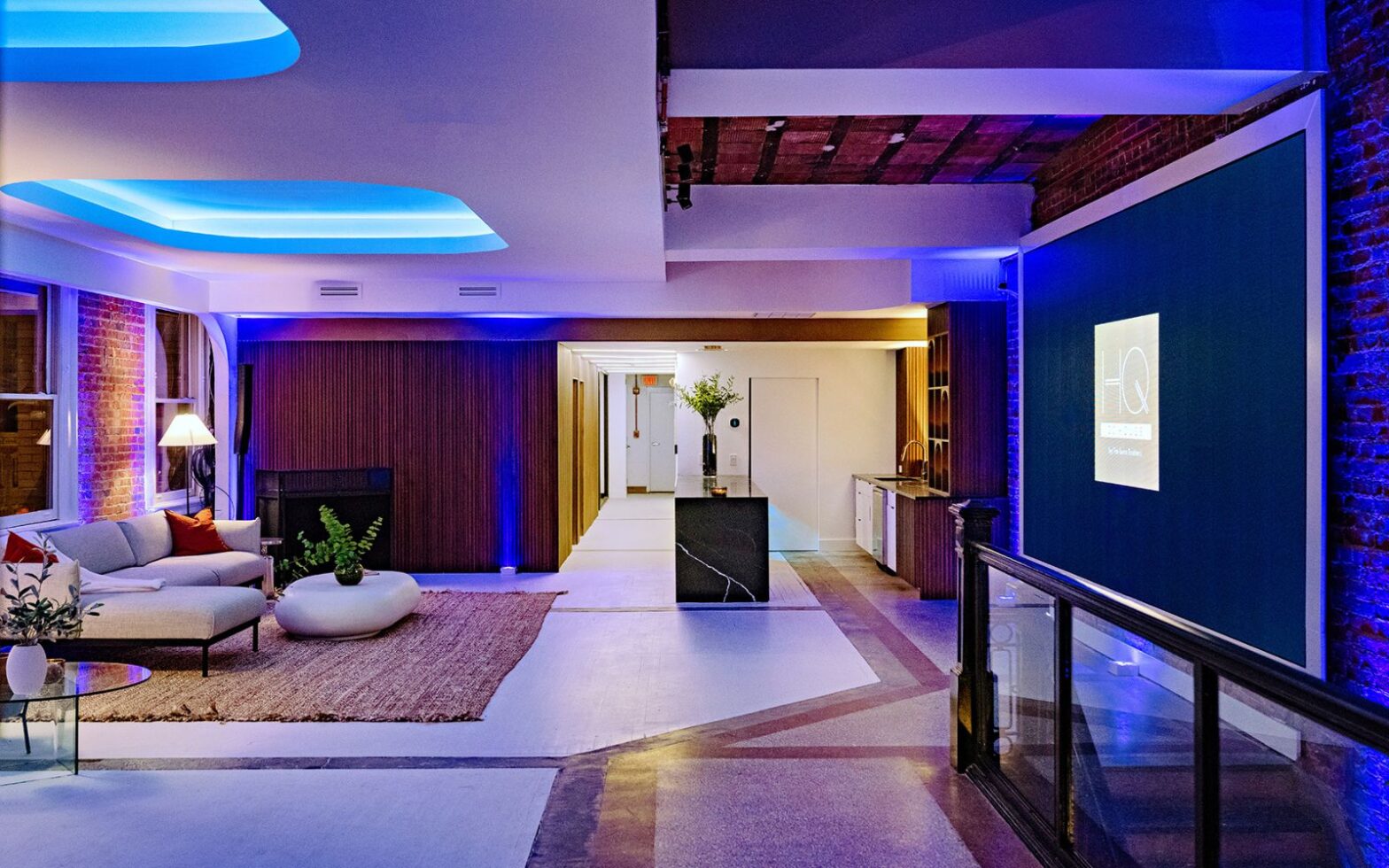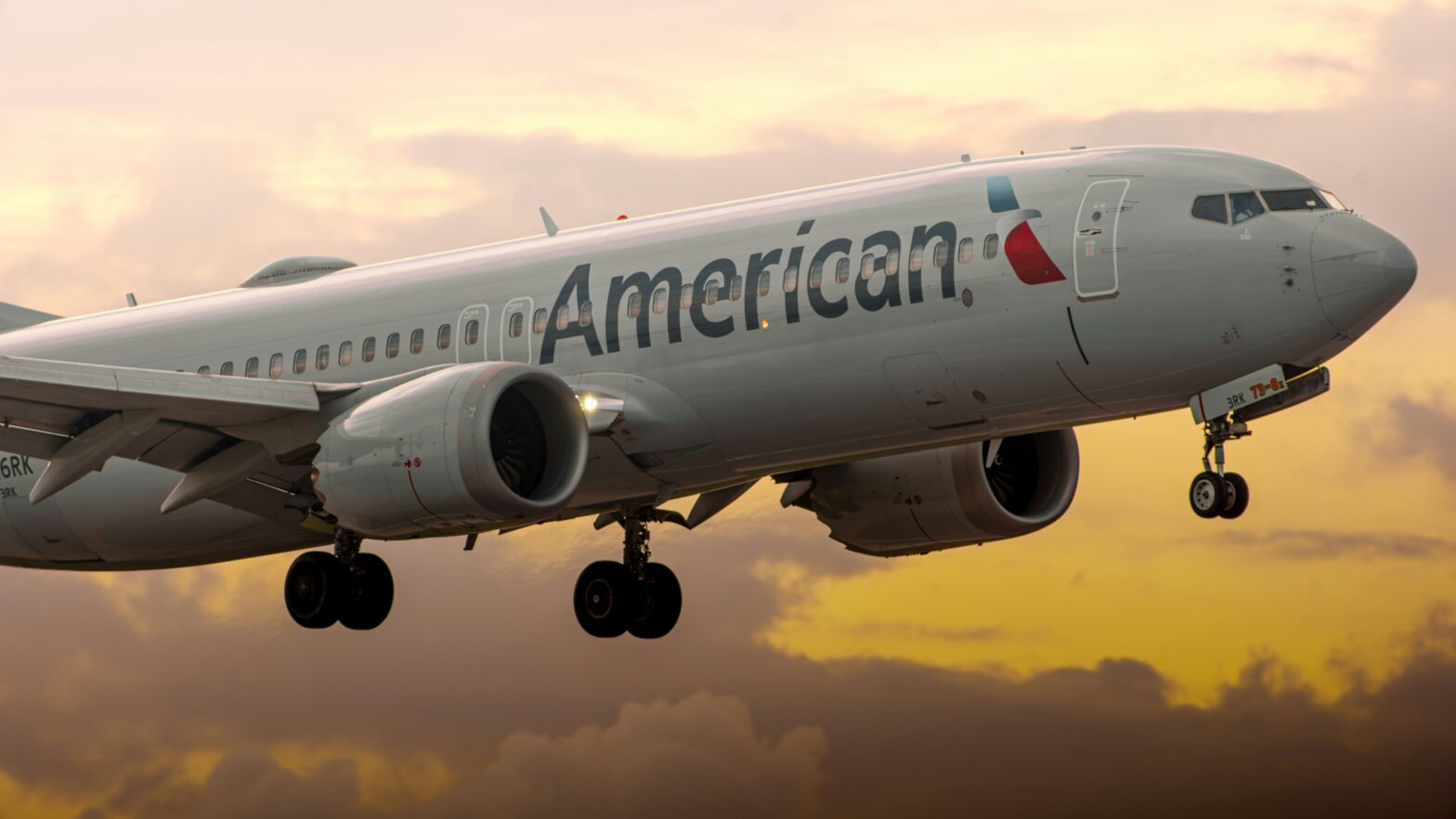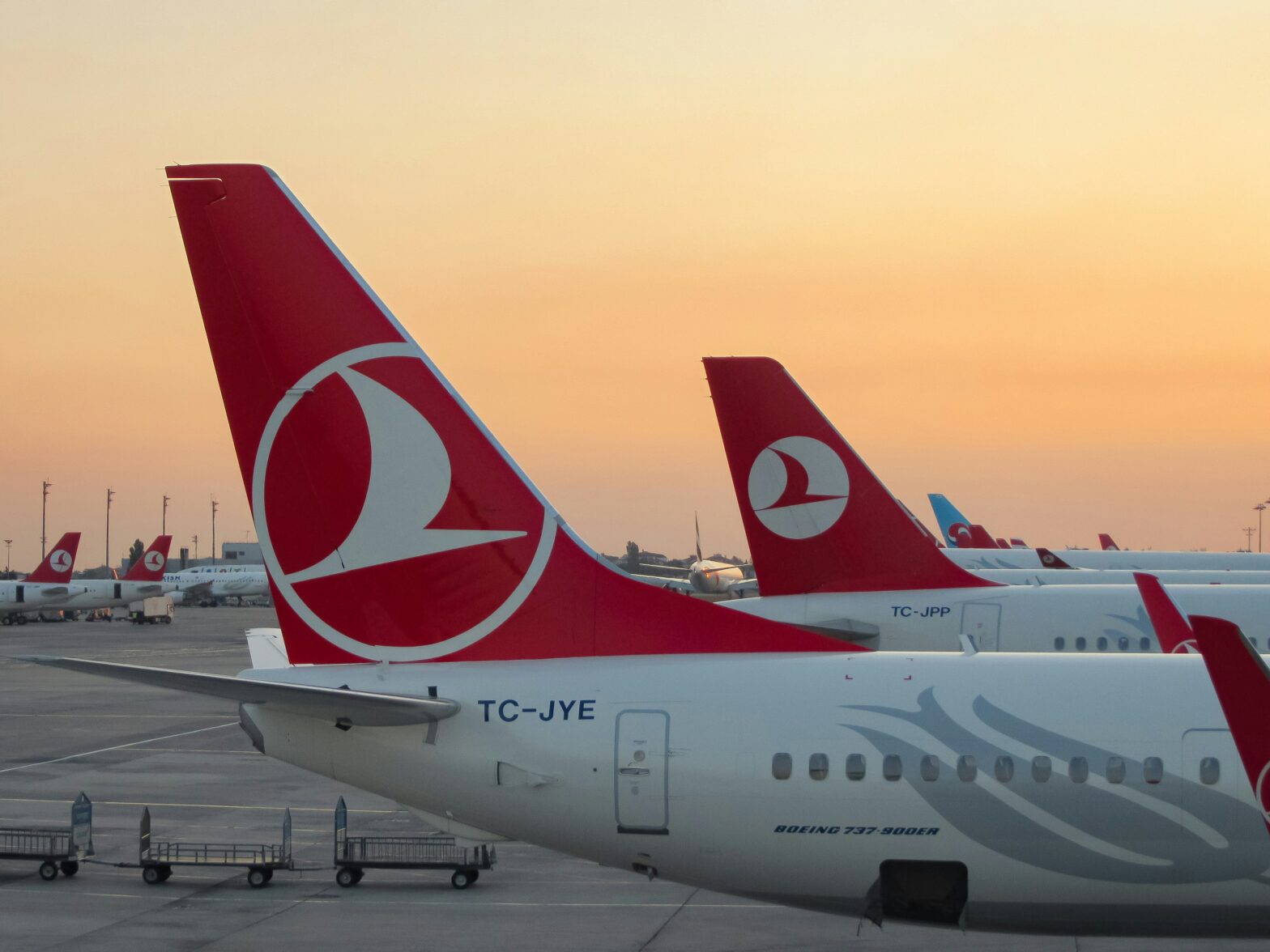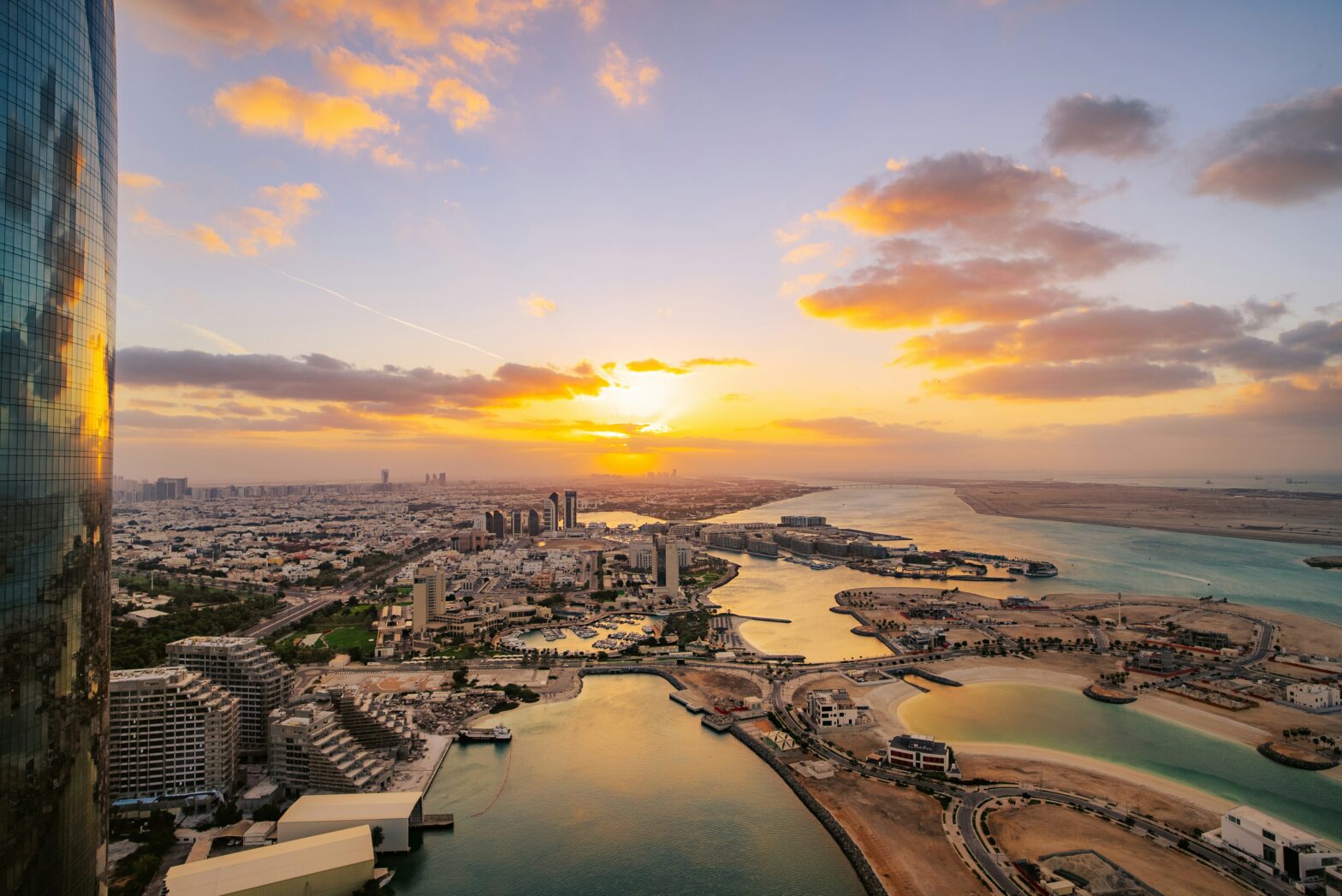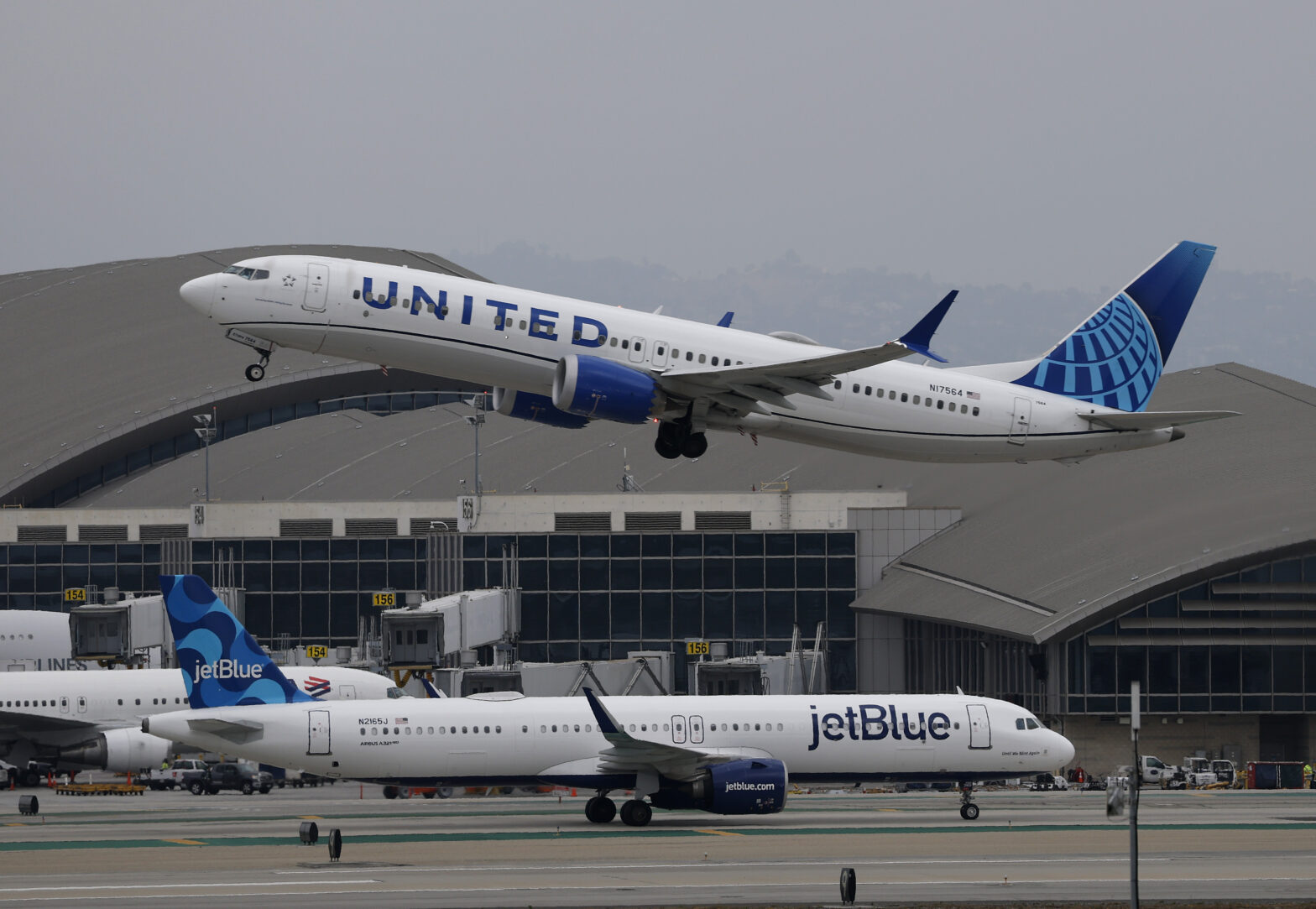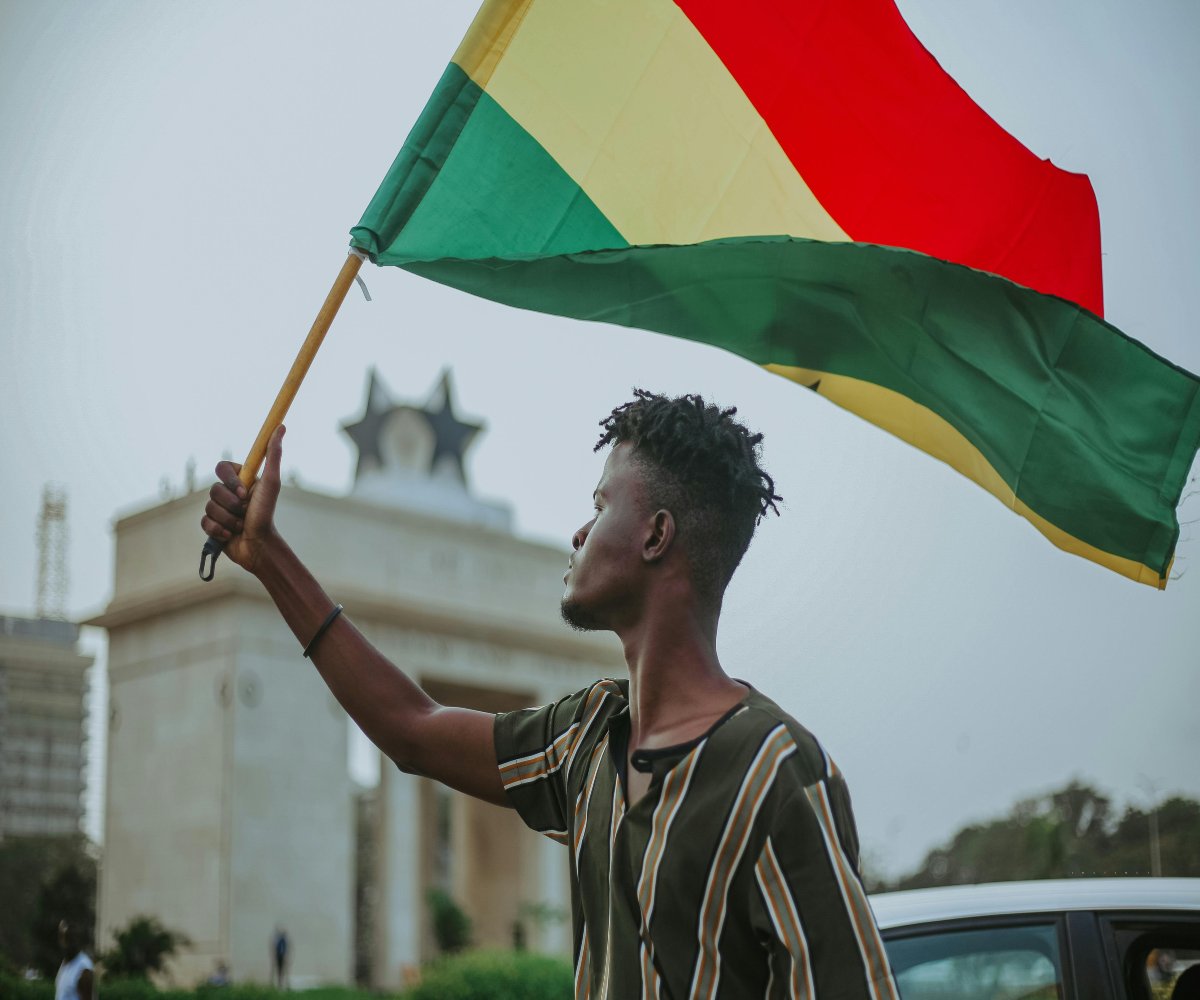HQ DC House is Washington’s newest private membership club that combines community, culture, and curated experiences. The premier Black-owned space, which opened on April 1, is nestled downtown in the city’s Penn Quarter neighborhood. It is the latest venture from The Burns Brothers, Mike and John Burns.
Since leaving successful corporate and legal careers, Mike and John have launched several brands in an ever-expanding portfolio of businesses. Understanding the need for safe respite among a like-minded community, HQ DC House is just one of the brands that support the brothers’ mission to develop safe environments for people of color. The elevated experience caters to the city’s top creators, thought leaders, and innovators who want to disconnect, recharge, and socialize.
“We wanted a space that actually felt like a home,” says John. “So that’s why each part of the house feels different but still comfortable, welcoming, and elevated. Jimmie and his team did a beautiful job bringing our vision to life.”
The members-only house addresses shifts in office culture and the way people work, largely due to the pandemic. HQ DC House has three distinct spaces: The House Lounge, The Retreat, and The Penthouse.
The House Lounge is where members find refuge with flexible seating for co-working, a bar area, and a conference room for meetings. The Retreat offers luxury office space in addition to a barista bar with artisan coffee and pastries provided by Tres Creole Catering. HQ DC House’s top floor, The Penthouse, showcases incredible views of downtown Washington D.C., making it the perfect setting for private events.
Membership perks are some of the best you’ll find at a private club of this caliber. Food and non-alcoholic beverages at the club come complimentary with membership. A dedicated wellness space allows members access to health and fitness classes. Additionally, members can bring up to eight guests per month, utilize a weekday chauffeur within a three-mile radius of the club, and have access to up to fifteen exclusive events per month.
Travel Noire spoke with Mike Burns, of The Burns Brothers, about the vision for the private membership club and their mission to build community in D.C.
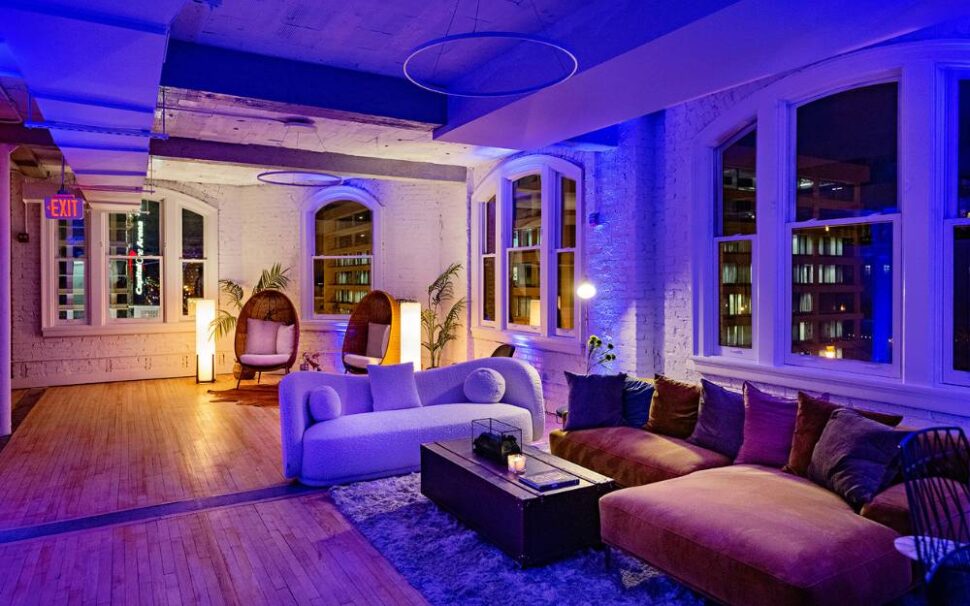
Travel Noire: What inspired the vision for HQ DC House?
Mike Burns: I’ll give you the answer to that question, but also anchor it into the larger Burns Brothers, because I think they’re directly tied. The Burns Brothers is a full-service agency, so we have multiple companies under our umbrella.
One is a talent culture diversity company. We have a full-fledged multimedia, communications, and branding organization. We have an events execution organization, and then we have some other companies.
What we found is every time we interacted with our clients, especially clients that were focused on multicultural activations or had multicultural senior-level leaders inside the organization, is that they would come [to work with us] – our second floor of what is now HQ was our office – and they would never leave.
They were comfortable being with people who were excelling in their profession and they couldn’t really do it in a comfortable environment outside of a bar, a hotel lobby, or a restaurant. When we saw that individuals wanted to stay, it immediately triggered to us that a lot of these individuals were us.
There was no space for people that were on the upward trajectory – the apex of their careers – where they could just be themselves and they could be around other people who had similar aspirational goals, or at similar points that they were in their careers.
We said, okay, there’s a huge need here. We simultaneously had some openings in the buildings that we’re activating our current offices [in] that allowed us to build out this larger concept for HQ.
TN: Can you speak to the membership requirements or the types of professionals that become a member of HQ DC House?
MB: People always ask, ‘What are the members of HQ like? What is the criteria for being a member?’ We say the criteria is not about money. It’s not about status. Not even about the industry.
What we find most of our members have in common is they spend a lot of their time doing transactional work. Whether it be closing deals, passing laws, or engaging in some type of entertainment. There are not a lot of authentic connections that happen in their day to day, but they thrive in it and they need authentic connections.
Number two – if you were to look at their calendars, their calendars are like red block, red block, red block, red block. There’s not a lot of free time to explore and just be. A lot of their stuff is very much regimented and dictated in terms of what they’re going to do on a regular basis.
Number three is that they spend a lot of their time pouring into other people. Whether it be their employees, their constituencies, their mentees, or their families. They spend a lot of time pouring and don’t get a lot poured into them.
Finally, number four, these are the people that, on a daily basis, are always on their A game. They never can take off their armor and just be. Sometimes these people just wanna be unseen and not have to worry about fitting some narrative that an industry or corporation or another group expects of them.
We found that HQ is a space that was created for people that fit each of those different pillars.
TN: What does membership look like from an experience perspective?
MB: We want it to be elevated. We always say we believe in mutual value exchange. If you walk into HQ, you’re going to be able to pour value into an individual, but an individual who you’re engaging with will also be able to pour value into you. Foundationally, that’s really important to us.
When you’re in the space, from the furniture to the food program, it has to feel elevated. You have to feel like you come in and you’re proud of the space that you walk into. There’s a thin line between elevation and luxury. Luxury is based off of individuals and presentation, but feeling like something is a bigger experience is sometimes universal.
We want you to feel like you’re catered to, like the people in the room are providing value to you, and you can provide value to them. We never want it just to be an activity – we want it to be an experience. It’s never just ‘I’m coming there,’ unless it’s during the day to sit and look at my laptop, although that’s what a lot of our members use it for.
Everything is based on some type of experiential model. We don’t have an open bar per se, but the bar that we have rotates four or five different cocktails nightly and those cocktails actually tell stories. We usually bring in artists and musicians that are tied to the culture. It’s not just about playing music, it’s about learning from that experience of the music or learning from the experience of the art.
It’s not just about HQ, the physical space. We say it’s probably about a 50-50 balance or maybe a 60-40. 60% of your experience with HQ happens within the walls of HQ, but, through our partnerships with other organizations and entities, we’d like to create experiences for our members outside of the space as well. Whether it’s curated private tours at museums or taking our members down to the Porsche racetrack in Arlington through our partnership with Porsche. That’s part of the experience of being an HQ member as well.
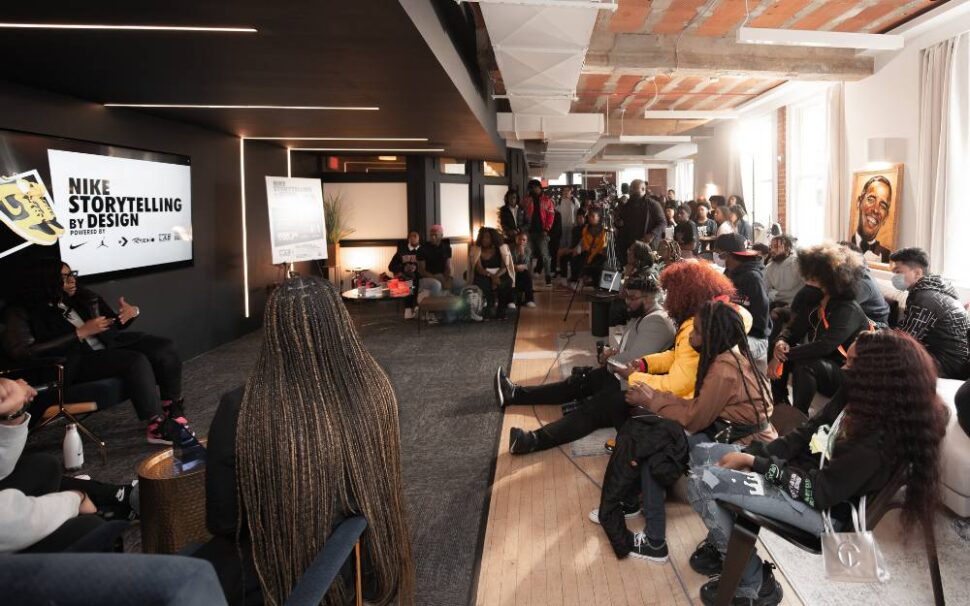
TN: What about D.C. makes it the right location for HQ DC House?
MB: It’s interesting. I have not been in D.C. for a while. My brother John, however, has. My brother has been in D.C. for over 20 years since he graduated law school from Georgetown, so he has ingratiated himself with D.C.
To answer your question of why we thought D.C. was the best fit to start with is that Black excellence. There’s a different type of Black excellence in D.C. that involves real change, like in the government. There are probably more Black people in the federal government based out of D.C. than anywhere else in the world. That’s real change.
It’s a type of excellence that’s tied to suits and the way that people in D.C. carry themselves is a little bit different. Not saying that excellence in Atlanta is any less or greater than D.C. or that excellence in LA is any less or greater. It’s just a different type of excellence.
When we’re thinking about our model and the elevated experience that we bring, we just thought our model fit best [here]. Our familiarity with D.C. and brand recognition from D.C. seemed to make it the perfect place.
TN: What does the membership process look like?
MB: There’s an application process. People can go to our website and apply through our portal. Once you apply, there’s an Application Assessment Board that reviews and screens all applications.
The key things that we’re screening for are those four pillars. The only thing that will immediately get you pulled out of the application process is if we ask you to tell us about value and your first statement is what HQ DC House can do for you.
After the application process, there’s an interview that everyone goes through. The folks who don’t make it to the interview process are usually those people who say, ‘I’m a member of this social club, or I’m a member of this, and tell me what you’re going to do for me that this social club does not.’ Those are usually the primary people that don’t make it through the process.
But we also want to have a balance between access and aspiration. We don’t have too many people who are college-age students as members of HQ. It’s not because we don’t think they’re good fits, but we think that there’s an aspirational aspect of HQ because most of the people who are members of HQ have been in their profession for 10, 15, or 20 years. We like to bring in younger people to see these folks as role models and as aspirational figures. Even if they can’t get into HQ right now, two or three years down the road, once they’ve established themselves more, they know that HQ is a home for them.
TN: How does HQ DC House influence the mission of The Burns Brothers organization as a whole in terms of the impact you’re making around the world?
MB: We’re all about creating change and we’re creating change through understanding. We believe you can’t create real long-term systemic change if people don’t really understand each other. HQ is just one vehicle to create understanding and change. Part of that understanding comes from people feeling comfortable in a space that they’re in and a space that they belong to. That makes them more vulnerable to really sharing who they are.
Don’t get me wrong, even though we do skew heavily to underrepresented minorities, specifically folks of color, Black folks, we welcome everybody inside of HQ. The great thing about HQ is that it’s so comfortable and people are so vulnerable that you learn pieces of people that you would have never known. When we bring people in who may not be part of our culture, it’s great to watch the sense of learning and understanding that comes just from a yoga session, listening to a band, or wine tasting. That ultimately drives change outside of HQ and that’s how HQ fits into the larger Burns Brothers ecosystem. It’s all about another vehicle for driving change through understanding.
RELATED: DMV Travel Guide: Washington, D.C., Maryland, Virginia
